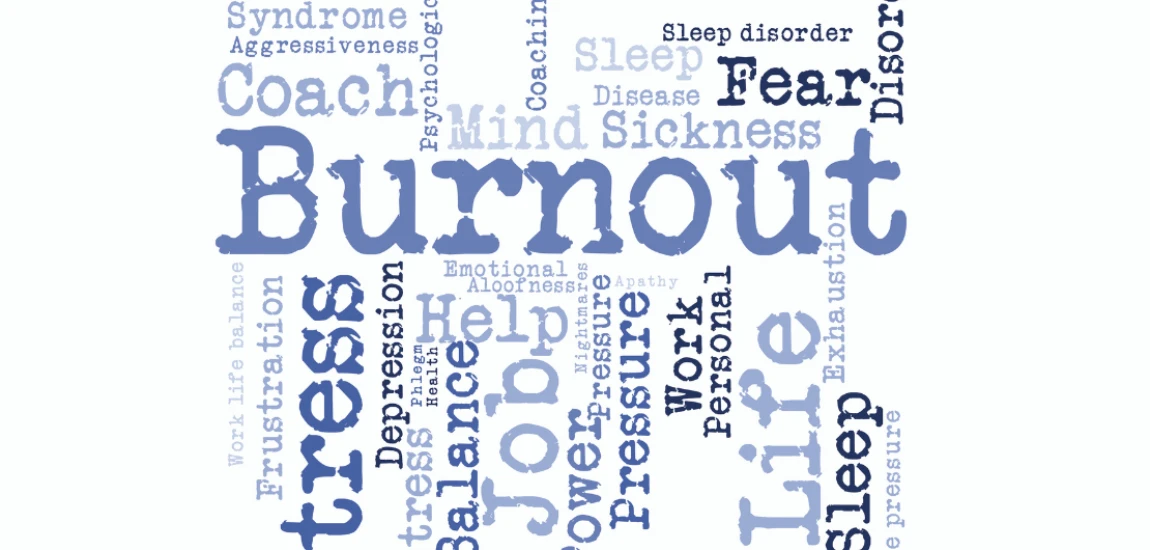Binge & Burnout: The Dark Side of Content Overload

The golden age of streaming has given us unlimited access to films, TV shows, and documentaries at our fingertips. Platforms like Netflix, Disney+, Prime Video, and countless others compete to keep us hooked, releasing new titles weekly—or even daily. While this abundance of choice feels like a dream for entertainment lovers, it comes with a darker side: content overload. Too many options, too many screens, and too much pressure to “keep up” can quickly turn joyful binge-watching into a draining cycle of burnout.
In this blog, we’ll explore how the endless flood of media affects our minds, lifestyles, and cultural habits. We’ll also discuss practical strategies to navigate content overload while still enjoying the best that streaming platforms have to offer.
The Allure of Endless Content

Streaming platforms thrive on the promise of abundance: endless libraries, instant access, and content for every mood. But what makes this allure so powerful, and why are we drawn into binge sessions that can last hours—or even entire weekends?
The psychology of choice abundance
When faced with thousands of movies and shows, our brains light up at the idea of variety. This abundance taps into our fear of missing out (FOMO), pushing us to consume more than we actually need. Every new release feels like a cultural event, making it hard to resist.
Dopamine and the binge effect
Streaming is carefully designed to keep us hooked. Auto-play, cliffhanger endings, and personalized recommendations trigger dopamine spikes, rewarding us for watching “just one more episode.” Over time, this creates a feedback loop that’s difficult to break, especially when platforms release full seasons in one go.
Convenience as a trap
Unlike traditional TV, where waiting a week for the next episode was normal, streaming eliminates barriers. With no commercials, no schedules, and no limits, we can consume content endlessly. While convenient, this lack of boundaries often leads to marathon viewing sessions that leave us exhausted rather than entertained.
Decision Fatigue in the Age of Streaming

Ironically, the more options we have, the harder it becomes to decide what to watch. This paradox of choice often turns relaxing downtime into a stressful ordeal.
The paradox of too many choices
Scrolling endlessly through menus without settling on a title is a common symptom of decision fatigue. Instead of feeling empowered by options, we feel paralyzed, frustrated, or even guilty about wasting time choosing.
Recommendation algorithms and their pitfalls
While platforms try to ease decision-making with algorithms, they often create an echo chamber. Recommendations based on past viewing habits can make our choices feel limited, repetitive, or manipulated. This not only reduces discovery but also contributes to the sense of content overload.
The mental cost of constant decision-making
Research shows that making too many small decisions drains our mental energy. After a long day of work, facing a catalog of 5,000 titles can feel more like a chore than a treat. The result? Many viewers opt for safe, familiar shows rather than exploring new ones, reducing the overall quality of their viewing experience.
When Entertainment Turns Into Burnout

Binge-watching was once seen as a fun cultural phenomenon, but when it becomes excessive, it blurs the line between leisure and stress.
The physical toll of long binges
Hours spent sitting in front of a screen contribute to eye strain, poor posture, and disrupted sleep cycles. Blue light exposure, especially late at night, interferes with melatonin production, making it harder to rest.
Emotional exhaustion from overconsumption
Instead of providing relaxation, excessive consumption can lead to feelings of emptiness, boredom, or guilt. Shows that should bring joy instead become background noise or tasks to complete, stripping away the magic of storytelling.
The cultural pressure to keep up
Watercooler talk has moved online, and keeping up with trending shows has become a form of social currency. The pressure to watch the latest series before spoilers hit can transform watching into an obligation rather than a pleasure, deepening the sense of burnout.
The Impact on Storytelling and Creativity

Content overload doesn’t just affect viewers—it also shapes the way stories are written, produced, and consumed.
Quantity over quality
To keep audiences engaged, streaming giants often prioritize volume over depth. This can result in formulaic shows, rushed productions, and a lack of originality. Viewers are left with an ocean of mediocrity, where hidden gems are harder to find.
Shorter attention spans
With so much content vying for attention, shows are increasingly designed to grab viewers within minutes. Cliffhangers, flashy visuals, and fast pacing dominate, sometimes at the expense of meaningful storytelling or character development.
Dilution of cultural impact
In the past, iconic shows like Friends or Breaking Bad shaped cultural conversations for years. Today, with new series dropping weekly, cultural moments feel fleeting. The speed of consumption means fewer stories stand the test of time, weakening their long-term cultural significance.
Strategies to Navigate Content Overload

The good news is that we don’t have to be victims of content overload. By setting intentional habits, we can enjoy entertainment without succumbing to burnout.
Create a watchlist in advance
Instead of scrolling aimlessly, curate a personal watchlist. This reduces decision fatigue and ensures you’re choosing content intentionally rather than impulsively.
Practice mindful viewing
Be selective about what you watch, and set boundaries around screen time. Decide how many episodes you’ll watch in a sitting and stick to it. Avoid auto-play traps by turning off the feature if your platform allows.
Embrace slow watching
Instead of finishing a series in one weekend, spread it out over time. This not only deepens your appreciation but also keeps the story alive longer. Pairing viewing with discussions, forums, or watch parties can enhance the experience without rushing through it.
Building a Healthier Relationship with Media

Ultimately, the key to overcoming content overload lies in redefining our relationship with media consumption.
Prioritize quality over quantity
Choose shows or films that resonate with you personally rather than chasing what’s trending. High-quality storytelling often has a more lasting impact than chasing every new release.
Balance screen time with other activities
Mix your media diet with offline hobbies—reading, exercising, cooking, or spending time outdoors. A balanced lifestyle makes entertainment feel like a treat rather than a default pastime.
Redefine entertainment as enrichment
When we shift from consuming passively to engaging actively, entertainment becomes more meaningful. Watch documentaries that spark curiosity, foreign films that broaden perspectives, or shows that inspire creativity rather than overwhelm.




